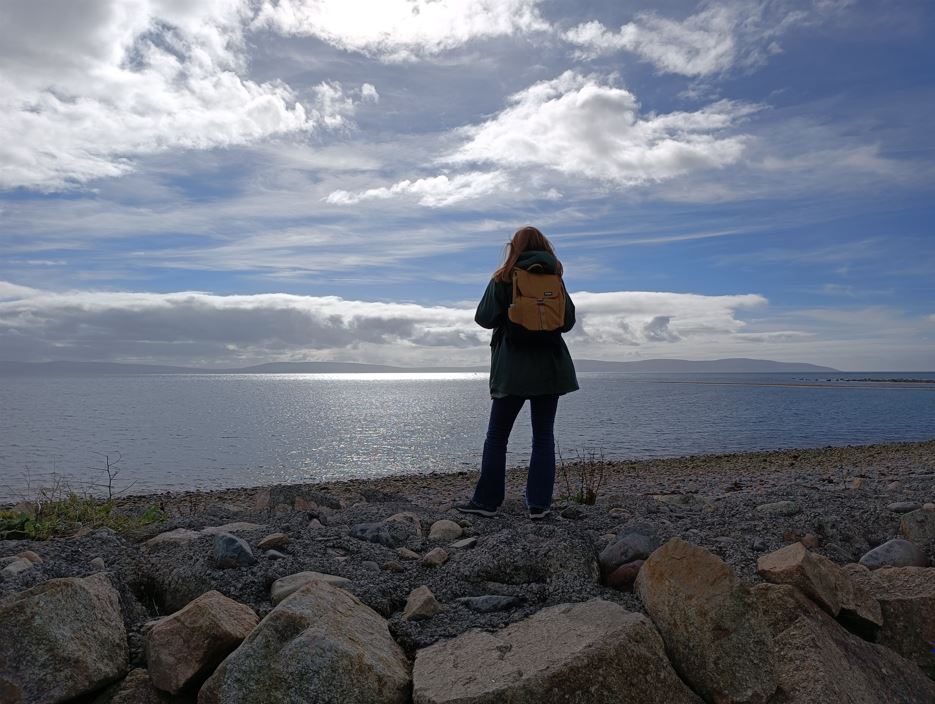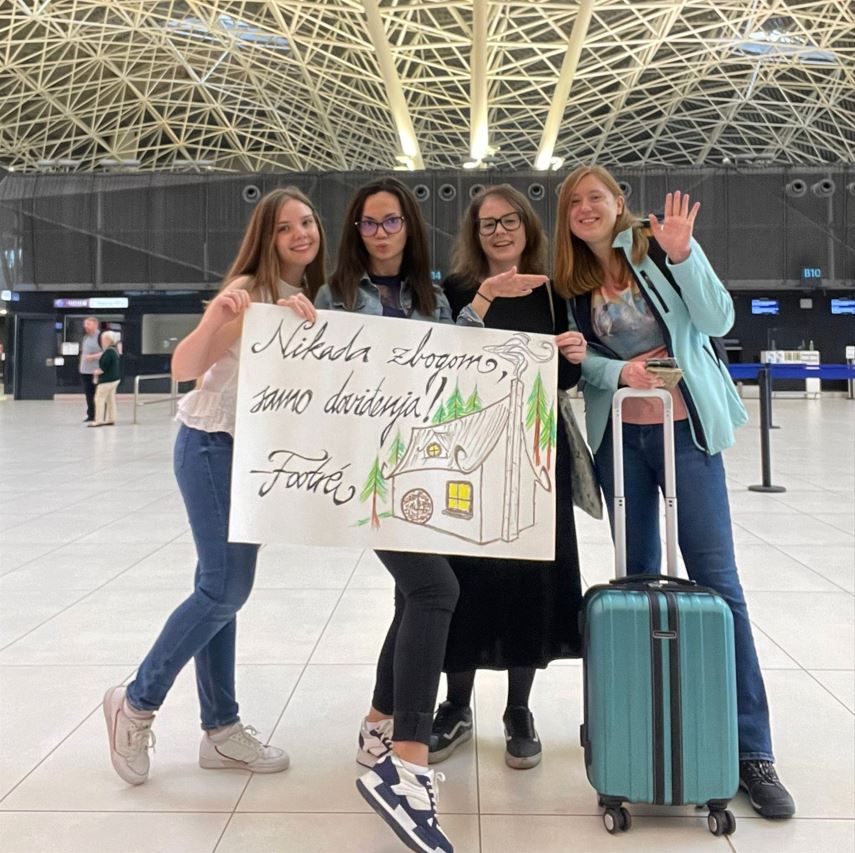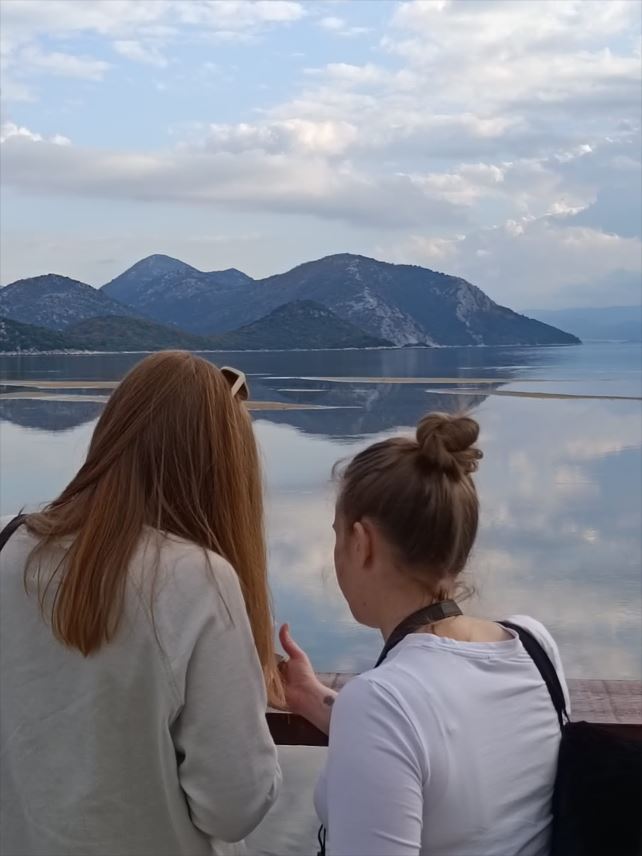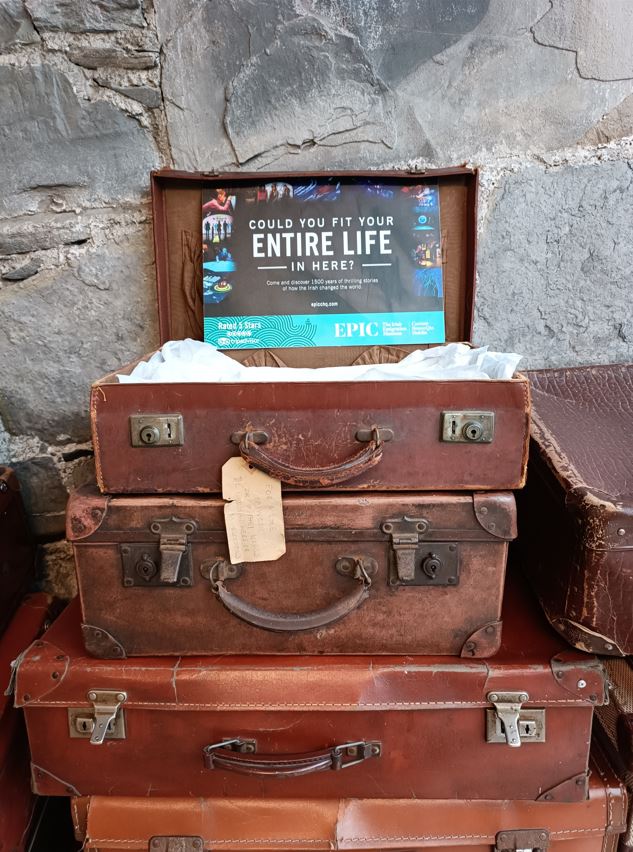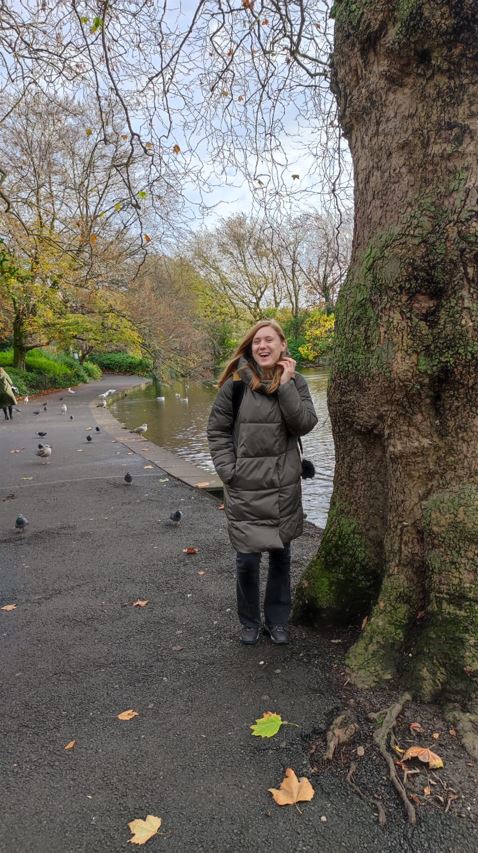Croats Living in Croatia, Earning Abroad: Barbara Boltiš in Ivanić Grad
January 5, 2023 - The Croatian dream - to live in Croatia and get income from abroad. Meet the locals who are living that dream, and find out how you could, too, in a new TCN series. In the latest in the series, meet Barbara Boltiš, who is enjoying life in Ivanić Grad.
Croatia, great for a 2-week holiday, but a nightmare for full-time living unless you are very rich, so the perceived wisdom goes. The Croatian dream is to live in Croatia with a nice income from abroad, as many foreigners and remote workers do. For Croatians, if I read the comments in my recent video, Croatia is the Best Place to Live: 8 Reasons Why (see below), salaries are too low and people are forced to emigrate in search of a better life.
While there is definitely an element of truth to this, it got me thinking. The era of remote work is here, and the workplace is increasingly global, with a labour shortage for many skills. It doesn't matter if you are from Boston or Bangladesh if you have the skills, desire, and work ethic, and are able to work remotely online. And while it is certainly true that salaries in Croatia are low, what about the opportunities that the global online marketplace offers? If foreigners can find ways to live in Paradise and work remotely, why not locals? Curious, I posted this on my Facebook and LinkedIn:
Do I know many Croats who are living in Croatia, but working remotely for international companies who would be interested in being part of a TCN interview series showcasing living in Croatia but earning online, including advice to others on how to get started? It could be an interesting series. If interested, contact me on This email address is being protected from spambots. You need JavaScript enabled to view it. Subject Remote Croatia.
Some 15 emails - and several inspiring stories - later, and I think we have the makings of what could be a rather interesting series, Croats Living in Croatia & Earning Abroad. Next up in the series, Barbara Boltiš in Ivanić Grad.
I’m Barbara, and if you are not from Croatia or a neighbouring country, it will be a challenge to pronounce my surname, but you can give it a try – it’s Boltiš. I grew up and I live in the small town of Ivanić-Grad near the capital of Croatia. After finishing high school in my hometown, I studied communication science at the University of Zagreb. During these years, I discovered I enjoy writing. My passion for writing inspired me to start my blog, which led to my first gigs as a content writer and also to learning more about digital marketing. After getting a university degree, I worked in a Croatian company as a Digital Marketing Specialist. When my one-year contract expired, I had a now or never moment and packed my bags for Ireland. I landed an amazing remote-first job in an international company CXC Global. In a nutshell, after three months in Galway, a series of events and many personal reasons made me pack my bags back to my Croatian hometown. The best part was being able to keep my job and not sacrificing anything in the process.
1. Many Croats are emigrating but you not only chose to stay, but managed to achieve the Croatian dream - living here and working for an international company. Tell us how you did it.
As I mentioned earlier, after quite a few student experiences and one year in a Croatian company, I just felt like there must be some kind of hack to have a better life. I didn’t want to settle. And I’m a (calculated) risk taker by nature. In August 2022, I started to apply for jobs on the Irish version of the website Indeed. By the second half of September, I was already working remotely as a Digital Marketing Specialist for a CXC Global EMEA in Galway. After three months in Galway, I just felt like I wanted to go back to Croatia. At that point, the job was the only thing I was happy with. And the people in my workplace were pleased with me too, so there was only one way to go about it – work remotely from my hometown.
2. Looking for jobs based in Croatia can be a challenging task. How challenging was it for you to get where you are today - it must have taken a lot of determination and rejection.
Well, I think nobody will like this answer, but I would say it wasn’t the hardest thing in the world. From my university years up until now, I was rarely jobless. During my university years, I was also active in a student association, writing on my blog, having various interests, and working on different projects. All these things made me more employable, which resulted in getting the job more often than not. Before I decided to leave Croatia, I had the option to open up my business with clients in line, but I just wasn’t ready to take that step. I was also offered a job that was based in Zagreb, but I didn’t want to live through the same story again. So, I wouldn't say I experienced so many rejections, and the ones I did I see as a redirection to better things.
3. If you can do it, presumably others can too. Are you aware of others who have had similar success, but maybe in different industries?
Yes, I know quite a few people based in Croatia in different industries that can work remotely, earn more and have international clients. For example, one of my friends works as a therapist. She can have sessions with clients via phone calls or video calls. I also know some people that work in the IT industry. Even in the creative industry, there are Croatians nowadays owning Etsy shops and offer their products in a global market. I would say it’s possible but it depends on the industry.

4. What is the general feeling among people in Croatia today: Is it possible to have a good life here, or is the grass greener on the other side?
I think there is a general feeling of being stuck in one place. Many people are complaining about how bad everything is and not doing anything about it. Since I’m a full-on optimist, I think people can have more than a good life here in Croatia. The grass is greener wherever you water it. It depends on personal priorities and the type of risk an individual is willing to take. For me, waiting 10 years in one company to have a somewhat decent paycheck is not an option.
5. Apart from corruption and nepotism, low wages are often cited as a reason to emigrate. But with the remote work revolution, as your example has shown, as well as the influx of many foreign workers to the likes of Rimac and Infobip for example, show that a good quality of life IS possible in Croatia. What are your thoughts on that?
I agree, the only problem that nobody talks about in these scenarios is that many Croatian-based companies still require people to be present in the offices. I believe that not everybody (including me) wants to live and/or commute to Zagreb and Split. There is still not enough trust from the employers' side toward employees when it comes to remote work. In the terms of living a so-called Croatian dream, I think many companies are saying that you can live a Croatian dream, but only if it’s in Zagreb or maybe Split. Also, we have an IT boom, while other industries are not moving so much. We cannot depend only on one or two industries as a country, that’s why I would focus more on what each individual can change for themselves, rather than looking a collective situation.
6. What advice do you have for others who would like to stay in Croatia, but have no idea where or how to find a possible remote work job or business as you have managed to do?
I know that it is scary to move on from things that seem familiar and to do something different. It’s not the most comfortable to not know where you will land or if you will land at all, but it’s so much better to try than to continue doing something you don’t like for the next month, year, or decade. Take some time out, write what you would like to do, and if you are not qualified to do this thing you want to do, start with some small goal because setting up a big goal means setting up for failure.
For example, if you would like to be a content writer, start by reading blog posts. Then, maybe you can think of the niche or industry you would like to write about. When you have these two things, you could volunteer to write a piece for a small business website or create your blog or a LinkedIn article. If you are qualified, start applying only for jobs that you like, don’t put pressure on yourself, and if it says remote-first based in a particular country, apply anyway. It can turn out that you are a candidate that they are looking for, and they would be able to make an exception, or they can contact you in the future in case something pops up.
7. Three reasons you decided to stay in Croatia, and the one thing you would like to change in this country.
- People. I love Croatian people. I have amazing Croatian friends that I just can’t compare to anything and anyone. I love the way Croatian people are relaxed and easy to talk to and always ready to help. Also, I like our bluntness.
- Nature and climate. As a person that requires a lot of outdoor time to feel and be sane, I like the fact that the Croatian climate allows me to be in nature all year round. Croatian nature is indescribable, I’m so lucky to live in a country that I could spend my whole life exploring, and still wouldn’t be able to see everything worth seeing.
- Local food. I’m able to step outside of my house and just take everything I need to make a full meal from the vegetables in a garden behind the house I live in. In case anything is missing, there are always relatives and friends that bring eggs, pomegranates, tangerines, lemons, and all the other goodies.
I would change more than one thing, but the main thing I feel is the root of the problem is a victim mentality. It seems like it’s always somebody else fault for everything that is happening. I feel that each individual should take the responsibility for the role they are playing in society. If you want to have a better life, move your ass and stop complaining.
****
Thanks Barbara, very inspiring, and congratulations on all your success.
You can follow the rest of this series in the dedicated TCN section here.
If you would like to contribute your story to this series, please contact This email address is being protected from spambots. You need JavaScript enabled to view it. Subject Remote Croatia.
****
What is it like to live in Croatia? An expat for 20 years, you can follow my series, 20 Ways Croatia Changed Me in 20 Years, starting at the beginning - Business and Dalmatia.
Follow Paul Bradbury on LinkedIn.
Subscribe to the Paul Bradbury Croatia & Balkan Expert YouTube channel.
Croatia, a Survival Kit for Foreigners is now available on Amazon in paperback and on Kindle.



